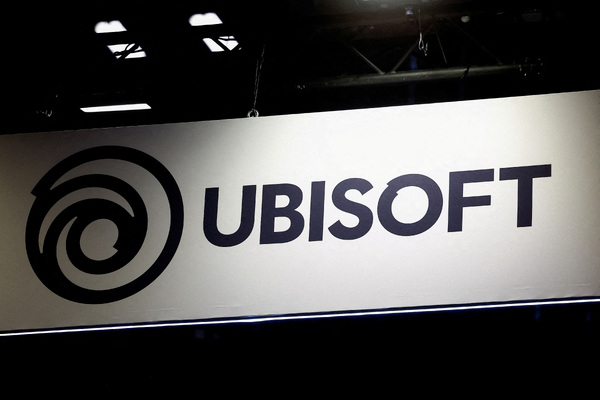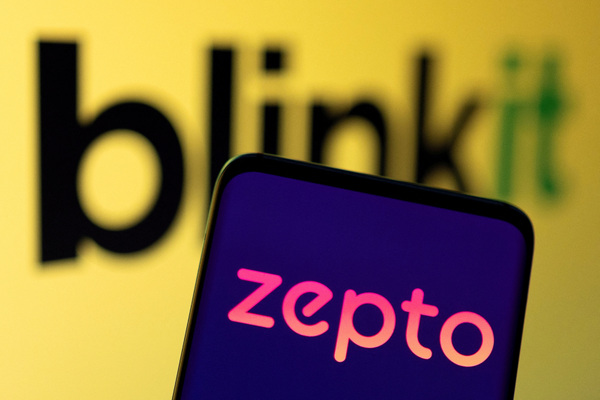Generalist AI versus specialist AI

Jaeger Glucina at Luminance explains what generative AI means for the future of specialised jobs
ChatGPT’s meteoric rise late last year marks a step-change in the capabilities of AI. But what is more pertinent is the radical leap forward in its accessibility.
Now, anyone with an internet connection can freely use a technology capable of generating everything from cover letters to software code, from advertising jingles to screenplays.
This has inevitably and understandably led to wide-ranging discussions on the impact that generative AI will have on the future of certain jobs within certain industries. At the most extreme end of the debate, alarmists are forecasting apocalyptic outcomes whereby AI technologies will eliminate the need for human input, or humanity itself, altogether.
Whilst even their creators have argued against this narrative, some commentators have still been quick to suggest that the movement towards AI presents a reckoning for many professionals.
However, time and time again it is being proven that generative AI models growing in popularity – such as ChatGPT or Google’s Bard - need to be treated with caution in a business landscape.
Understanding where generative AI can – and can’t – be helpful in business
Whilst we cannot diminish the impact that generative AI models have had in recent months, it’s important to be wary of the issues they could pose when applied to certain tasks that demand specialist knowledge.
For example, no one can deny that reports of ‘hallucinations’ are becoming increasingly common. In fact, just last month, a US-based lawyer used ChatGPT to research case law and failed to spot several made-up legal cases OpenAI’s model generated.
This example emphasises the importance of understanding the nature of some of the most popular large language models (LLMs) and appreciating the fact that they are generalist AI technologies, rather than specialist.
What do we mean by that? ChatGPT and similar tools work by ingesting massive amounts of data from across the entirety of the internet and distilling it to produce output that sounds plausible.
But because these systems are exposed to all types of subject matter, they cannot necessarily be relied upon to produce factual outputs – a flaw that is especially dangerous in industries like law, software engineering and market research. After all, we can all learn something by scraping information from the internet, but this doesn’t necessarily translate to true understanding.
But if generalist AIs can’t always be trusted in a business landscape, what can?
The advantage of specialist AI models
A possible answer to this conundrum is analytical AI. Analytical AI tools are also built on LLMs but have the major advantage of being trained on specialised data, verified by experts before being fed into the model.
This means that analytical AI models can understand, analyse and generate highly specialised content, such as legal documents or medical records.
But even more important is analytical AI’s ability to admit when it doesn’t know the answer, and hand work back to the human expert for review. This is a level of sophistication not yet attained by generalist AI models and can help businesses shield themselves from the inherent risks involved in applying AI to cover previously manual tasks whilst achieving enhanced productivity, efficiency and accuracy.
One business already witnessing the benefits of analytical AI is proSapient – a leading UK-based technology company. It witnessed a 40% time-saving on administrative tasks per week after its in-house legal team adopted Luminance’s specialist AI model. This time is now being spent on high-value tasks which benefit the wider business and drive revenue.
ChatGPT’s hype has helped to push AI to the forefront of business conversations and has certainly validated the assertions of technology leaders who have been banging the drum about it for a while.
But, as we’ve already seen, caution must be taken, especially when applying AI technologies within specialist industries. After all, generative AIs have not necessarily been designed to be accurate. Put simply, specialist industries require specialist AIs to support them.
With the right amount of care taken, analytical AI could enable businesses across a range of sectors to open the door to a whole new world of possibilities.
Jaeger Glucina is MD and Chief of Staff at Luminance
Main image courtesy of iStockPhoto.com

Business Reporter Team
Most Viewed
Winston House, 3rd Floor, Units 306-309, 2-4 Dollis Park, London, N3 1HF
23-29 Hendon Lane, London, N3 1RT
020 8349 4363
© 2025, Lyonsdown Limited. Business Reporter® is a registered trademark of Lyonsdown Ltd. VAT registration number: 830519543





